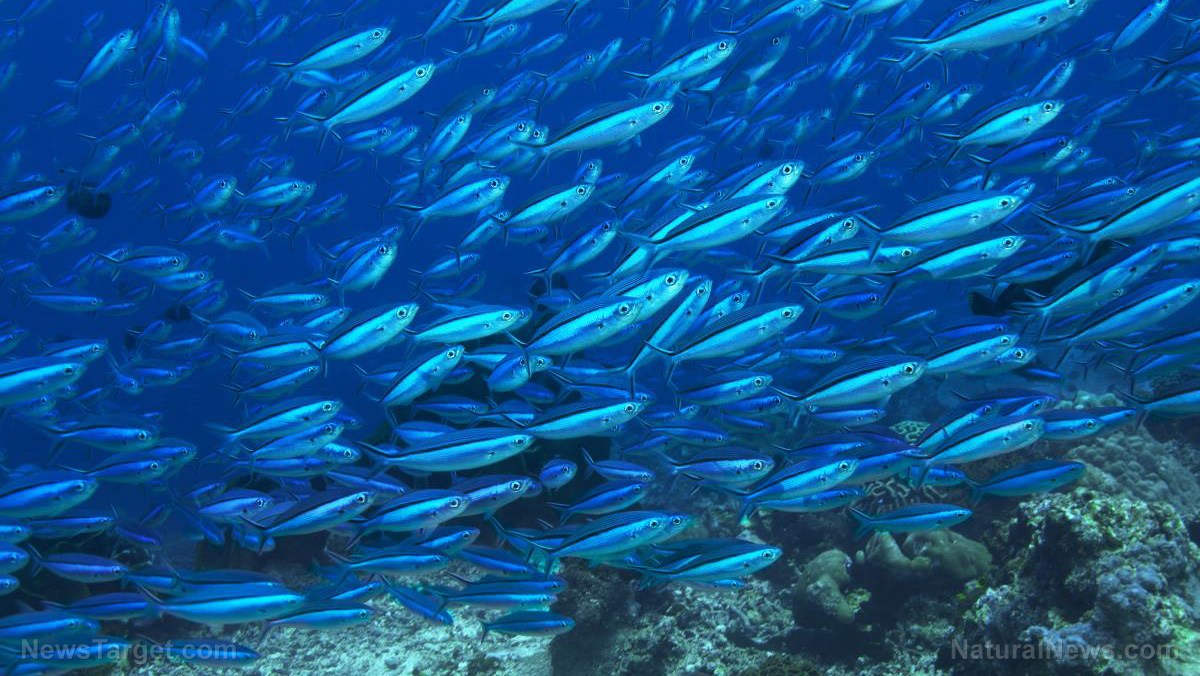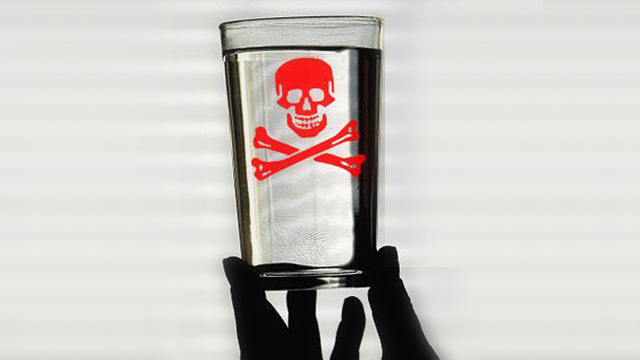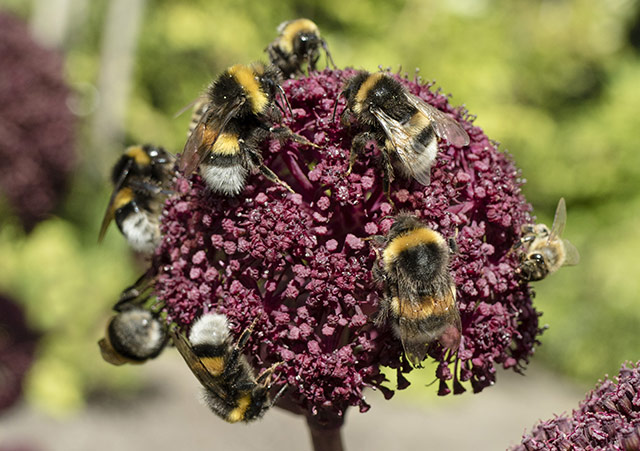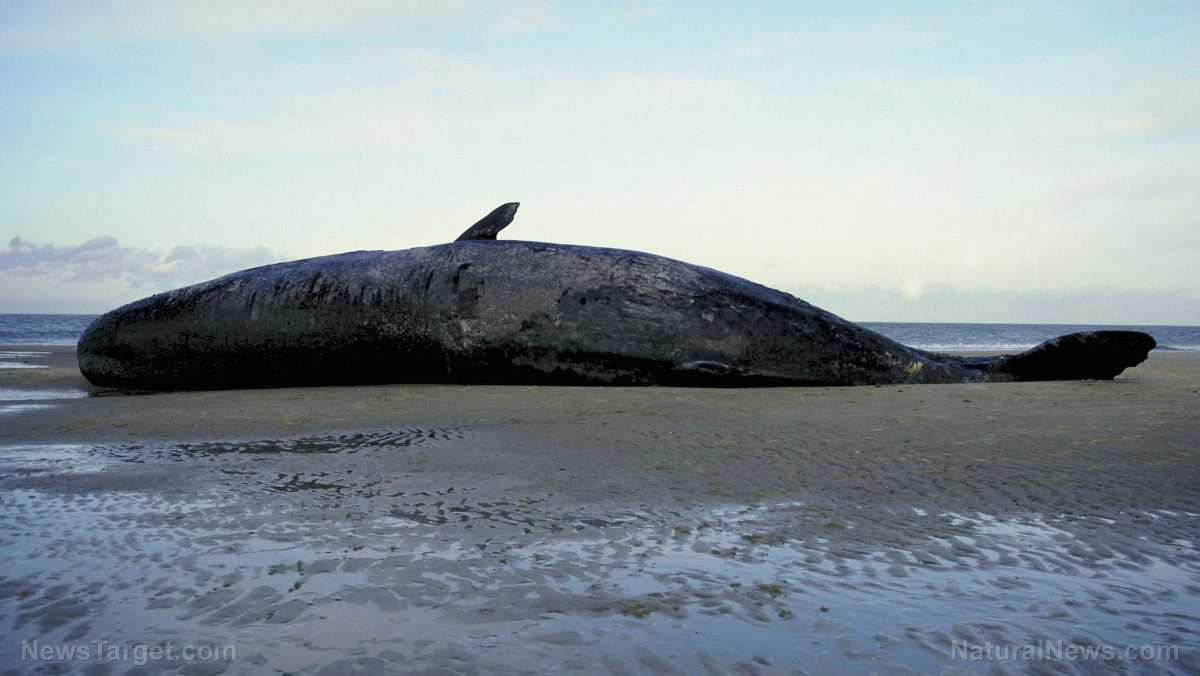“Eco-friendly” glitter just as damaging to the environment as conventional glitter, study finds
10/23/2020 / By Divina Ramirez

“Eco-friendly” glitter has become increasingly popular these days, fueled in part by the need to find alternatives to conventional polyethylene terephthalate (PET) glitter, a known environmental risk. However, a new study reveals that so-called eco-friendly glitter is just as damaging to the environment, causing ecological damage to rivers and lakes, as its plastic variant.
The report, published in the Journal of Hazardous Materials, examined the impact of biodegradable glitter on freshwater habitats. Researchers showed that the presence of biodegradable glitter affects the root length of aquatic plants in less than a month. It also reduces microalgae levels, a source of nutrients for fish and other marine life. In addition, microalgae help in absorbing carbon dioxide from the atmosphere.
Biodegradable glitter also caused an invasive snail species to multiply, which could further disrupt aquatic food webs. It’s worth noting that the glitter’s adverse effects could be observed after just 36 days. It’s not known what happens to the water in the long term, added Danielle Green, an ecologist at Angela Ruskin University and co-author of the study.
Glitter — a common material used in crafts and cosmetics — is often washed off in sinks, ending up in rivers and lakes. According to the results of this study, both conventional and alternative glitters can have severe consequences for aquatic organisms and environments within a short time.
The consequences of glitter litter
Conventional glitter consists of a plastic core made of PET film coated with aluminum and plastic. Because conventional glitter poses significant environmental hazards, scientists have since developed biodegradable glitter made with organic materials.
However, so-called biodegradable glitter is still coated with the same aluminum and plastic. To test whether or not biodegradable glitter is indeed safer for the environment than conventional glitter, Green and her colleagues tested both kinds of glitter on water samples taken from the River Glaven in Norfolk.
The team set up miniature ponds in the lab for their experiment. The ponds were treated with six different kinds of conventional and biodegradable glitter. Their results showed that all six glitters affected the abundance of duckweed and microalgae in the ponds.
Exposure to the biodegradable glitter also halved the root length of common duckweed after just five weeks, much like the effect of conventional glitter. This also indicates that the glitter-infested water had an adverse effect on the growth of the plants.
But to the team’s surprise, the biodegradable glitter had a more significant influence on populations of New Zealand mud snails, which are considered an invasive species in the U.K.
Often found in polluted water, these snails can outcompete, or displace, native snails, mussels and other aquatic organisms that native fish species depend on for food. These snails are also a poor source of nutrients for fish. Therefore, if left unchecked, this disruption to the food web can lead to lower native fish populations.
Green and her colleagues speculate that these adverse effects are caused by leachate from the glitters, possibly from their plastic coating or other synthetic materials involved in their production. (Related: Glitter sunscreen is this summer’s biggest beauty trend, but experts warn it is harmful to the environment.)
Green said she and her colleagues hope to investigate this in greater detail in future studies. Overall, the results of the experiment indicate that both conventional and so-called biodegradable glitters harm aquatic ecosystems. This is the first study to do so, added Green.
Learn more about the environmental impact of glitter and other microplastics at Environ.news.
Sources include:
Tagged Under:




















